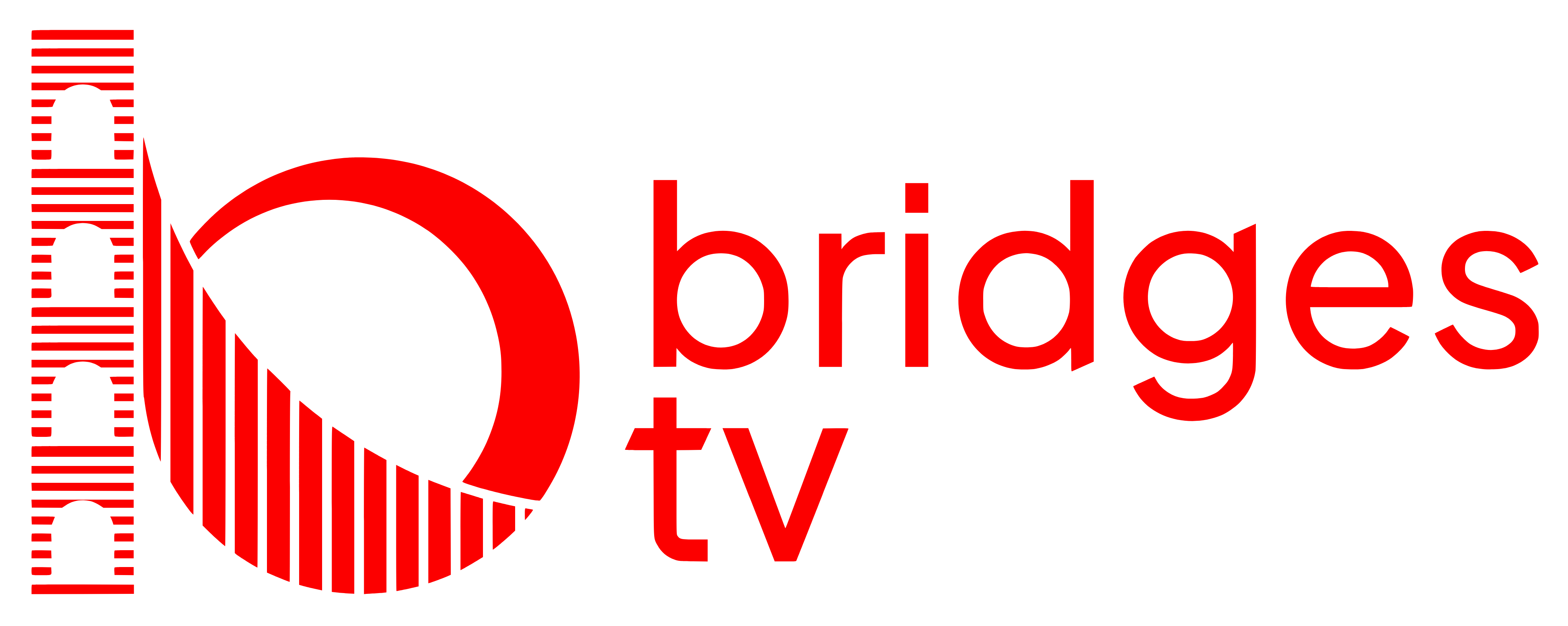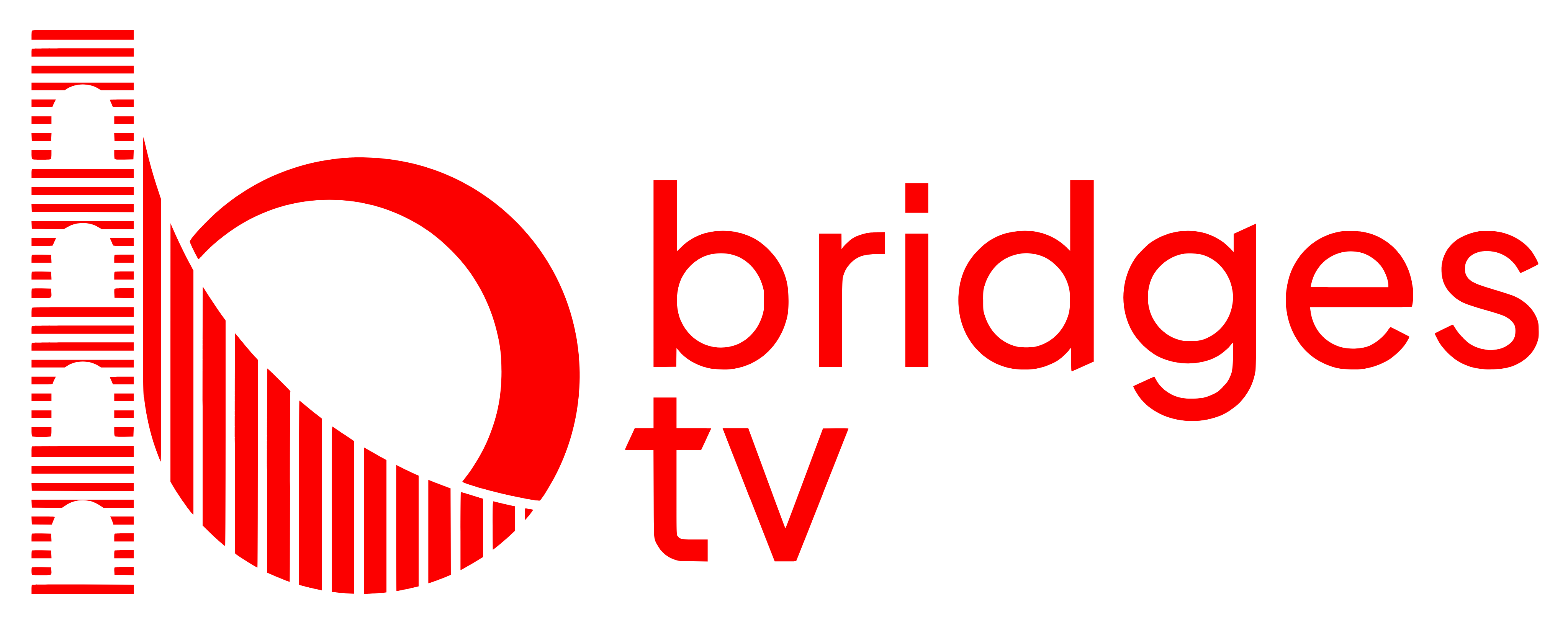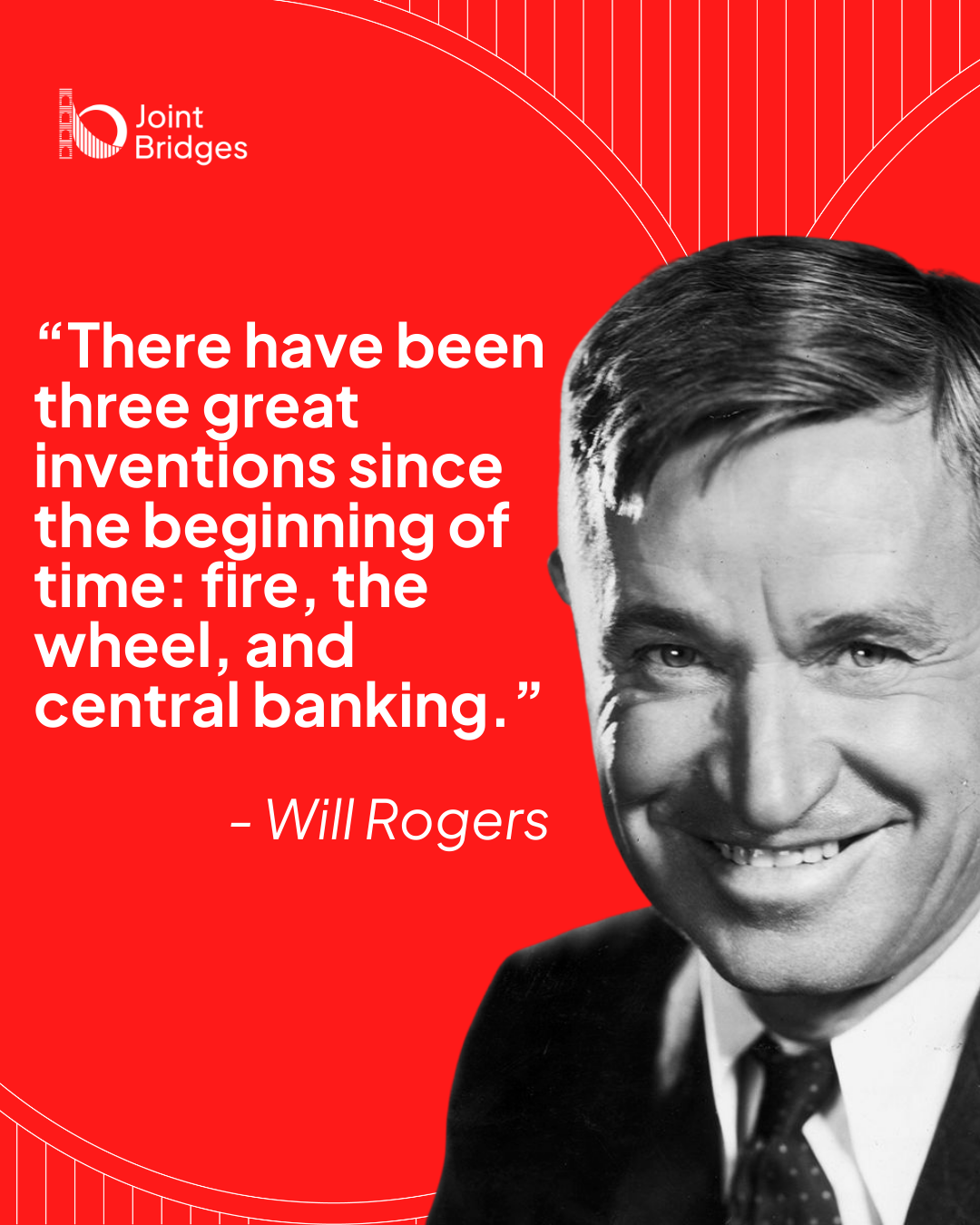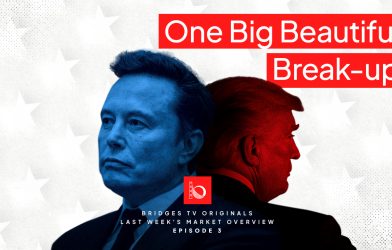Will Rogers is remembered as one of the sharpest voices of early twentieth-century America. Known as a humorist, actor, and social commentator, he often employed wit to highlight truths about society that were easily overlooked. Among his many observations, one stands out for its simplicity and enduring relevance:
“There have been three great inventions since the beginning of time: fire, the wheel, and central banking.”
At first glance, it appears to be a playful joke. In general, using comedy to express ideas may be more influential. However, when examined closely, this quote captures three main pillars of human progress that continue to shape everyday life. Rogers’ words remain striking because they point to three inventions that our civilization rests upon: survival, movement, and trust in systems.
Fire as the Beginning of Human Advancement
The discovery of fire was the first step that separated humans from the natural environment. It gave warmth, safety, and the ability to cook food. In today’s world, fire has been replaced by a wider concept of energy. When we charge our phones, switch on the lights, or rely on hospitals, we depend on that same principle of harnessing power. Modern societies cannot operate without reliable energy sources. Whether it comes from fossil fuels, nuclear plants, or renewable sources, energy remains the foundation of daily existence, just as fire was thousands of years ago.
The Wheel as a Force of Connection
The invention of the wheel unlocked the possibility of transportation, trade, and expansion. It was not only a tool for movement but also a driver of interaction between communities. Today, the wheel continues to define progress, although in forms far beyond the wooden carts of ancient times. Cars, trains, airplanes, and even the flow of information through digital networks all reflect the same principle of constant movement. Global supply chains, cultural exchange, and even our ability to travel for work or leisure are built on the original invention of the wheel. Rogers’ insight reminds us that human life is always shaped by the ways we move and connect with one another.
Central Banking as the Framework of Modern Stability
Rogers’ third invention may appear unusual at first. Unlike fire or the wheel, central banking is not a physical tool but a concept. Instead, it represents the systems of trust that hold modern economies together. Throughout history, people have relied on some form of regulation or oversight, whether it was local rulers setting fair weights and measures in markets, medieval guilds enforcing trade standards, or governments establishing national currencies to provide order and stability in economic life. Institutions such as the Federal Reserve in the United States or the European Central Bank in Europe make decisions that influence interest rates, credit availability, and inflation. These choices affect ordinary people in direct and indirect ways. The cost of a mortgage, the price of groceries, and the strength of a currency are all tied to decisions made by central banks. Therefore, Rogers was right to place central banking alongside fire and the wheel. It may not be visible in the same way, but it quietly determines the conditions of modern life.
Why the Quote Matters Today
Rogers’ observation works because it bridges the ancient with the modern. Fire stands for survival and energy. The wheel represents movement and connection. Central banking represents trust, structure, and financial order. Together, they explain the ongoing evolution of societies. Every time we pay with a card, turn on a light, or board a plane, we are engaging with these three inventions.
What makes Rogers’ quote powerful is that he captures deep truths in a form that feels light and playful. By placing central banking next to fire and the wheel, he reminds us that progress is not only about technology. It can also be about the institutions and rules that quietly guide daily life.














